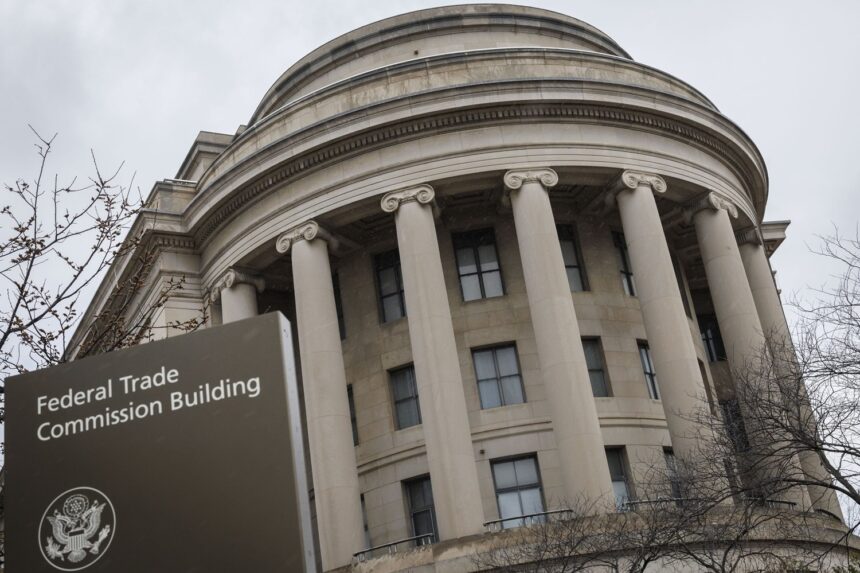The major tech companies have had a fraught relationship with federal regulators in recent years, with politicians from both parties finding different reasons to try and loosen their power and influence. Google is currently fighting against a recent court ruling that found it has an illegal monopoly on search and must divest its Chrome browser. The search giant has been defending itself aggressively in the case, arguing it has plenty of competition in the industry from the likes of OpenAI.
But a funny thing is that the same companies are happy to cry to the regulators about concerns of unfair or anti-competitive behavior when it’s to their benefit. Case in point, Google has reportedly approached the FTC and asked the agency to end Microsoft’s exclusive deal with OpenAI to provide cloud hosting for ChatGPT. It argues the deal limits competition and potentially could impose higher costs on developers seeking to use ChatGPT APIs in their products. Apparently, tech companies believe anti-competitive behavior does exist in the industry, it’s just not them doing it.
The Information first reported on the news.
Microsoft has invested more than $13 billion into OpenAI and in return has gained access to the company’s cutting-edge models as well as served as its exclusive cloud provider through Azure. These types of deals have been referred to as “round-tripping,” as Microsoft is giving OpenAI money that will ultimately go back into its own coffers. On top of the exclusive hosting agreement, Microsoft is also entitled to receive 75% of OpenAI’s profits until it recoups its investment and afterward will still hold its equity in the company.
The FTC is already investigating Microsoft over its cloud hosting contracts. The regulatory agency is looking into allegations that Microsoft charges customers more to use its suite of services, like Office 365, if they use a different hosting provider, like Google Cloud. Of course, Microsoft software is ubiquitous in the enterprise world. If developers have to use Microsoft Azure in order to access ChatGPT, that would only make it that much harder to use other hosting providers. Google, of course, would likely welcome the opportunity to host ChatGPT, or at least put in a bid to do so.
In general, the United States prohibits any behavior intended to create a monopoly and harm competition and consumer welfare. The Clayton Act of 1914 in particular prohibits tying arrangements in which exclusive contracts force customers to buy one product in order to get another if those contracts lessen competition.
In recent years, however, tech companies have been able to argue against breakups by pointing to the fact that many of their services are offered for free or at the greatest convenience to consumers and therefore consumer welfare hasn’t been harmed. The administration under Biden has taken a much different stance on the issue. In the case of Amazon, FTC chairwoman Lina Khan has argued that even though Amazon has historically kept prices low, it has done so in ways that pushed out competitors, such as requiring sellers on its platform to offer it the best price.
Google itself has faced intense scrutiny over a—yes—exclusive arrangement with Apple in which it pays tens of billions of dollars annually to be the default search engine in Safari. Smaller competitors like DuckDuckGo have said that makes it nearly impossible to compete, as changing the default search engine is difficult and cumbersome for everyday people. The irony is not hard to notice.
There’s optimism in Silicon Valley that the new administration will take a more laissez-faire approach to tech, especially as President-elect Trump is filling his cabinet with leaders from Silicon Valley. But it’s no guarantee he’ll intervene in cases like the one against Google. Republicans still disdain the company and believe it has been biased against conservatives in search results.
Read the full article here












